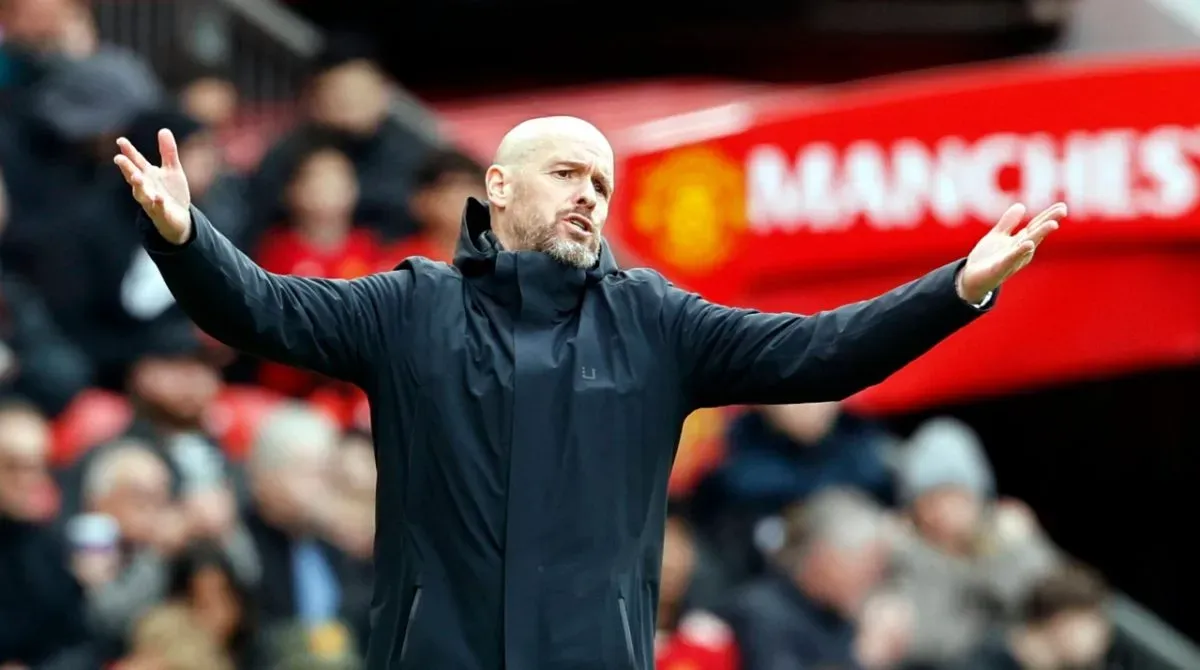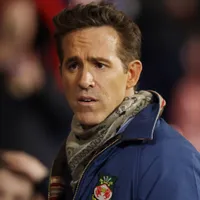On Monday, Premier League clubs agreed in principle to introduce a spending cap ahead of the 2025/26 season to replace current profitability and sustainability rules. Also known as anchoring, this policy ensures clubs can only spend specific amounts on transfers, wages, and agents’ fees. The hypothetical rule would mean clubs can only spend the equivalent of the bottom club’s TV broadcast revenue on those areas.
For example, based on TV revenues from the 2022/23 season, the hard spending cap for clubs in the Premier League would be $159 million. That is how much a club’s financial spending could be. Now, these clubs could bring in more expensive signings, which have been climbing in recent years. That requires clubs to sell assets to earn more revenue. This ruling prevents incredulous spending from clubs that have wealthier owners.
Sixteen out of the 20 clubs in the Premier League voted in favor of the issue. The three that voted against are Manchester United, Manchester City and Aston Villa. Chelsea abstained in the vote. There are several consequences of what this would mean. In theory, the financial gap would be smaller between the top clubs like Manchester City and the bottom ones. That includes clubs like Luton Town or Sheffield United, which had a net spending of less than $40 million in transfers this season.
By comparison, three clubs had net spending losses greater than that hypothetical figure that would come from anchoring. Going back to last season’s TV revenue from Southampton of $159 million, Chelsea, Arsenal, and Tottenham had net spending greater than that amount. With anchoring, those three clubs would violate the new rule.
Is a spending cap what the Premier League truly needs?
Limiting what clubs can spend on players can help the Premier League. One of the biggest criticisms of the English top flight is that, before the first ball is kicked in August, there is a foregone conclusion. Manchester City has won seven of the last eight Premier League titles. Fans generally know which teams will finish in the top four or top six to qualify for Europe. There are often exceptions, such as Brighton, Aston Villa, Newcastle or West Ham, but the same clubs occupy those top spots. Unfortunately, that settles on spending more than anything else.

Looking at the net spending of Premier League clubs over the last five and 10 years, there is a monstrous gap. In the last decade, Manchester United, Manchester City, and Chelsea have surpassed $1 billion in net spending. Arsenal is not far behind with $987 lost on transfer activity in the last 10 years. Liverpool, the other Premier League champion of the last 10 years, has been far more ‘frugal,’ but that is still not saying much. Buoyed by the sales of Phillippe Coutinho and several Saudi Pro League players, has spent over $500 million on transfers including revenue.
Even the other clubs that challenge for European positions have spent heavily. West Ham, Tottenham, Aston Villa, and Newcastle have surpassed $450 million in transfer spending, with much of that coming recently. That has been damaging for clubs like Burnley, Wolves, Sheffield United, and Nottingham Forest, who have struggled to establish consistency in the top flight.
Our Pick:Includes: Premier League, Liga MX, Ligue 1, + 84 Sports Channels |
 |
Success is not dependent on money
If the goal is to increase parity in the Premier League, other clubs have shown success by being practical with their spending. Whether it be building talents and selling them for huge fees or making savvy decisions with the checkbook, picking up points in the Premier League is not strictly a result of having the most expensive player on the biggest wages.
Two of the three clubs with the lowest net spending are Brighton and Hove Albion and Brentford. Combined, their transfer losses come out to $105 million. Yet, Brighton managed to qualify for Europe. Brentford has built something of a home in the Premier League with two midtable finishes entering the 2023/24 season.
Oftentimes, the solution for clubs like Manchester United and Chelsea is to buy away their problems. Smart strategy at Brentford and Brighton will benefit from a spending cap. Their proven method of bringing in the right players for their size will not falter against all-star incoherent lineups from the top clubs.
PHOTOS: IMAGO















